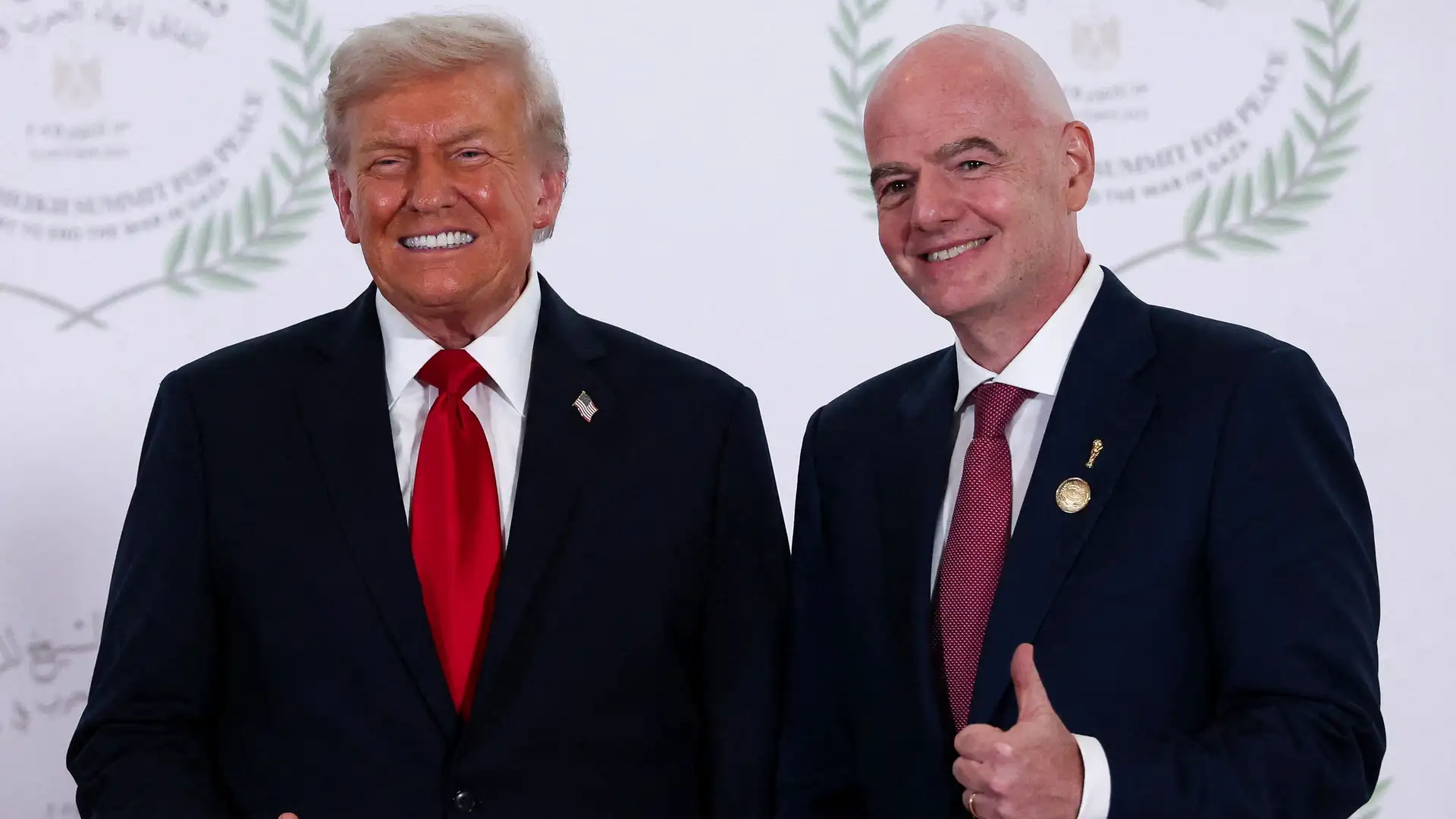
‘The Governments’ Responsibility’ – FIFA Hints That U.S. President Donald Trump Can Strip Cities of World Cup Fixtures Amid Safety Concerns
Inside FIFA’s Response as Trump Claims Power to Move 2026 World Cup Games Over Safety Issues
It seems that politics and football are about to collide once again — this time on American soil. With less than a year to go before the 2026 World Cup, FIFA has hinted that U.S. President Donald Trump may indeed hold some sway over where games will be played, should any of the designated host cities be deemed unsafe.
In what could be described as a remarkable intersection of global sport and domestic politics, Trump has publicly stated that he could “very easily” convince FIFA president Gianni Infantino to relocate matches from certain U.S. cities if he feels public safety is at risk. It’s a claim that has stirred up debate — not only about FIFA’s independence but also about how much influence political leaders should really have over sporting events of this magnitude.
Trump’s Bold Claim: “I Could Move World Cup Games”
The United States, Canada, and Mexico are set to co-host the 2026 World Cup — a tournament that will feature 48 teams for the first time in history. Out of the 16 total host cities, 11 are in the United States, including iconic sporting hubs like New York, Los Angeles, Dallas, Atlanta, Miami, and Seattle.
But Trump’s recent comments suggest those cities shouldn’t take their hosting rights for granted. Speaking at a press briefing, he claimed he would have no hesitation in intervening if he believed a venue wasn’t ready or if security conditions deteriorated.
“If somebody is doing a bad job, and if I feel there are unsafe conditions, I would call Gianni — the head of FIFA, who’s phenomenal — and I would say, ‘Let’s move it to another location,’” Trump said. “And he would do that. He wouldn’t love to do it, but he’d do it very easily. He’d do it, and this is the right time to do it.”
Trump went even further, suggesting the same principle could apply to the 2028 Olympic Games in Los Angeles.
“If I thought LA was not going to be prepared properly, I would move it to another location,” he continued. “If I had to on that one, I’d probably have to get a different kind of permission, but we would do that.”
The comments sent ripples through both political and sporting circles, as they seemed to blur the line between governmental oversight and FIFA’s supposed autonomy.
FIFA’s Delicate Response: “Safety Is the Governments’ Responsibility”
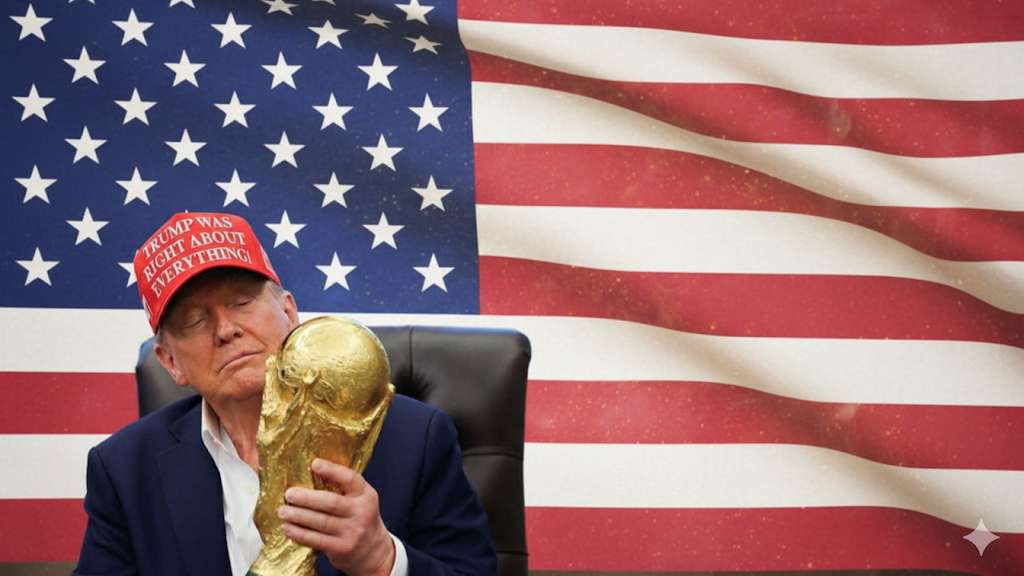
Donald Trump gfx
Naturally, FIFA has been cautious in its response. While the governing body insists that decisions regarding host cities rest entirely with them, they’ve also acknowledged that safety concerns are ultimately a matter for local and national authorities — in this case, the U.S. government.
A FIFA spokesperson clarified:
“Safety and security are the top priorities at all FIFA events worldwide. Safety and security are obviously the governments’ responsibility and they decide what is in the best interest for public safety. We hope every one of our 16 host cities will be ready to successfully host and fulfil all necessary requirements.”
That final line — “the governments’ responsibility” — is telling. It suggests that while FIFA won’t hand over control, it would listen if a national leader like Trump raised legitimate security concerns. It’s a subtle but significant acknowledgment that in matters of safety, FIFA doesn’t operate in a vacuum.
FIFA Vice-President Pushes Back: “Football Is Bigger Than Any Government”
Not everyone at FIFA is entirely comfortable with the idea of political interference. During a discussion at Leaders Week London, a FIFA vice-president seemed to push back on Trump’s claims, saying that football’s global body cannot and should not bow to political pressure.
“FIFA makes those decisions,” he said firmly. “With all due respect to current world leaders, football is bigger than them. Football will survive their regime and their government and their slogans.”
It was a pointed reminder that while Trump may see himself as a central figure in the world’s biggest sporting event, FIFA operates under a different mandate — one that, at least in theory, transcends politics.
Still, given the long-standing relationship between Trump and Gianni Infantino, this might not be a simple matter of protocol. Infantino has often appeared alongside Trump at international events, including a Middle Eastern peace summit in Egypt, and has praised the former president’s enthusiasm for hosting global sporting spectacles.
Safety Concerns and City Readiness
Trump’s comments weren’t made in a vacuum. Cities like San Francisco and Seattle — both on the hosting list — have been frequent targets of his criticism for their handling of homelessness and public safety. He’s also pointed to Boston, which has seen sporadic protests and unrest in recent months, as another potential concern.
The 2026 World Cup, with its expanded format and massive logistical footprint, represents one of the largest operations in sporting history. Hundreds of thousands of fans will descend upon each host city, and the coordination between local law enforcement, national agencies, and international bodies will be unprecedented.
In that context, Trump’s comments — while politically charged — touch on a legitimate issue: safety. FIFA and the U.S. government will need to work hand in hand to ensure that security standards are not just met, but exceeded.
Still, the idea of the president personally deciding which cities get to host World Cup matches has raised eyebrows. Critics argue that such intervention would undermine the integrity of the bidding and selection process, which was finalized years ago after extensive evaluation.
The Olympic Angle: LA28 Responds
Trump’s suggestion that he could move the 2028 Olympic Games away from Los Angeles also drew a swift response from the International Olympic Committee (IOC). In a statement, an IOC spokesperson emphasized that the Games enjoy the “full support” of local and national leadership.
“The Olympic Games LA28 have the full support of the President of the United States, the Governor of California, and the Mayor of Los Angeles,” the spokesperson said. “All of them are being extremely helpful in the preparations for these Games. There are three years to go, and we are confident that LA28 will be great Olympic Games.”
The IOC’s tone was calm but firm — essentially, “Thanks for your concern, but we’ve got this.”
ESPN: “No Issues With Any of the 16 Host Cities”
While the political noise grows louder, ESPN reports that there are “no issues with any of the 16 host cities across the U.S., Canada, and Mexico.” As of now, all are on track to welcome fans from around the globe when the tournament kicks off.
The World Cup’s expansion to 48 teams — up from 32 — means more matches, more fans, and more economic impact. Cities like Dallas, Miami, and New York are already deep into preparations, investing heavily in infrastructure and fan experiences.
For many of these cities, hosting a World Cup match is more than just an honor — it’s a once-in-a-generation opportunity to boost tourism, showcase local culture, and leave a legacy of improved facilities.
The Trump Factor: Politics, Power, and Football
It’s not the first time a U.S. president has tried to insert themselves into the sporting narrative. But Trump’s hands-on approach — suggesting he could personally call the FIFA president to move games — reflects both his bold political style and his understanding of sport as a tool of influence.
For FIFA, it’s a tightrope. On one hand, maintaining good relations with a host nation’s leadership is vital. On the other, appearing to bend to political pressure risks damaging the organization’s credibility.
Behind closed doors, insiders say FIFA is likely to tread carefully. Expect plenty of polite statements about “cooperation” and “shared priorities,” but no public confirmation that Trump’s phone call could change anything — unless, of course, genuine security risks emerge.
What This Means for the 2026 World Cup
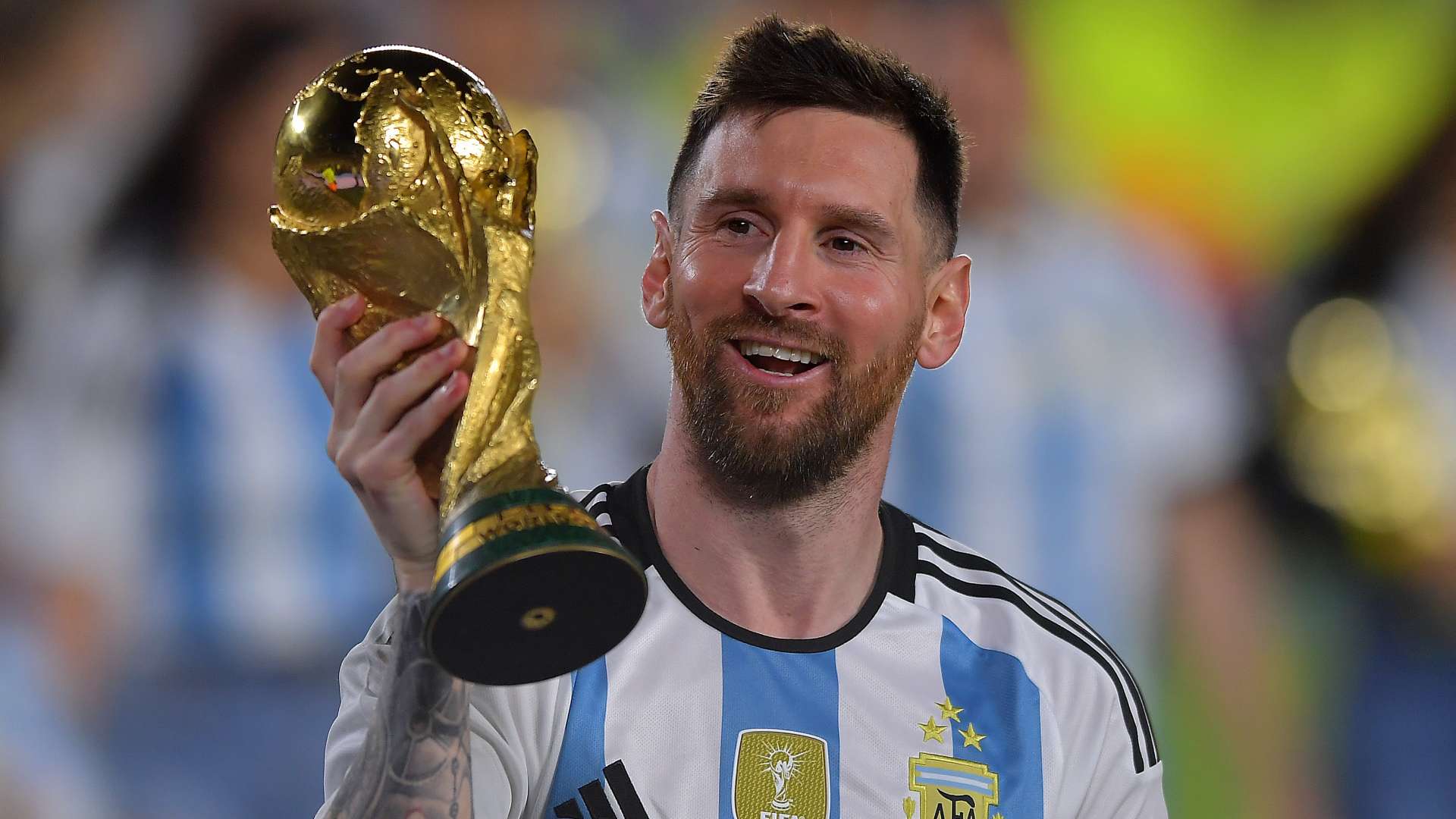
Lionel Messi World Cup trophy
If nothing else, Trump’s comments underscore how politically charged the 2026 tournament has become — and how much is at stake. This will be the first World Cup hosted across three countries, the first to feature 48 teams, and the most commercially significant tournament in history.
More nations means more games, more logistics, and more complexity. Add in the layer of U.S. domestic politics, and you’ve got a fascinating — and potentially volatile — mix.
Still, as of today, FIFA maintains that all host cities remain secure in their roles. Stadiums are being upgraded, transport systems expanded, and fan zones designed to accommodate millions of visitors.
For now, it’s business as usual. But with Trump in office and a microphone in hand, that could change overnight.
The Bigger Picture: Football, Politics, and Power
In a way, this story is emblematic of our times. Football — a sport that prides itself on being global and apolitical — inevitably becomes a stage for political drama. When world leaders see massive events like the World Cup or Olympics unfold on their home turf, the temptation to shape the narrative is irresistible.
Trump’s remarks may or may not translate into action, but they serve as a reminder that no sport, however global, exists outside the sphere of politics. And as FIFA navigates this delicate balance, the world will be watching — not just to see who wins the games, but who really calls the shots behind them.

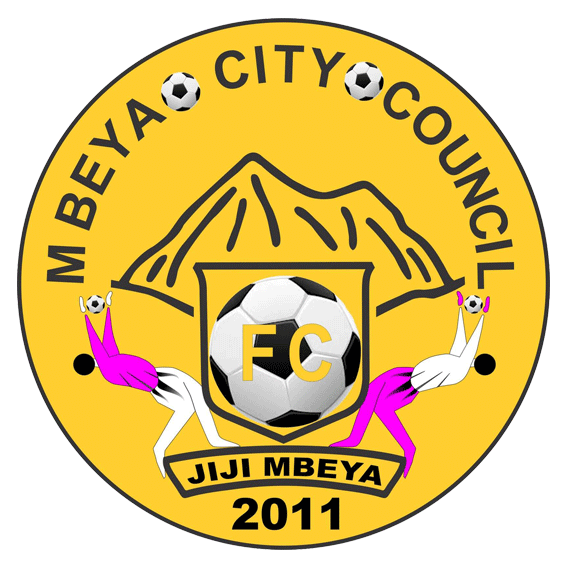

















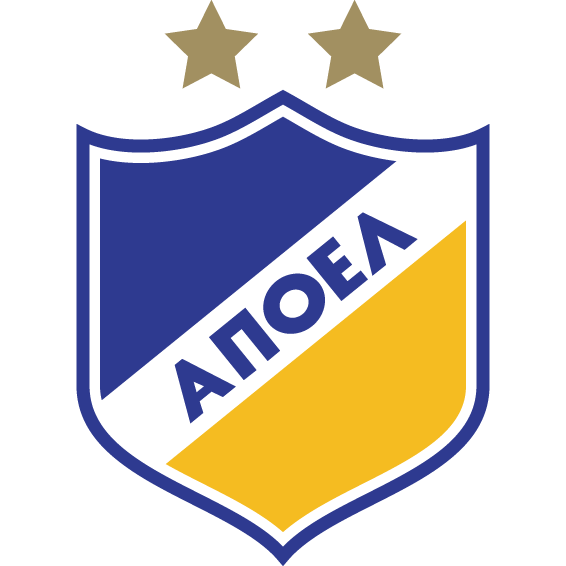












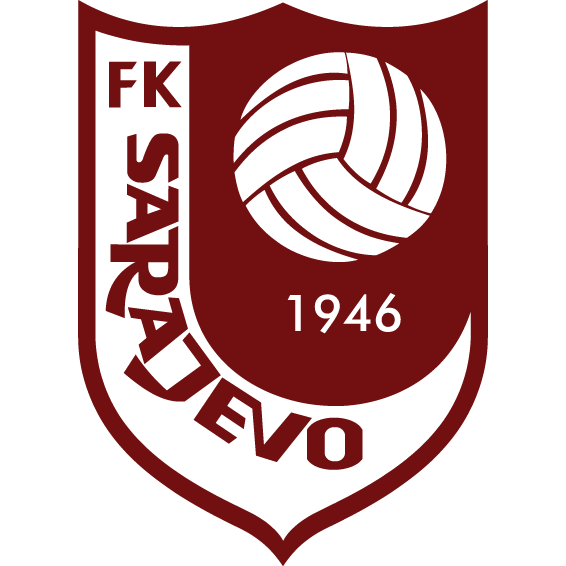

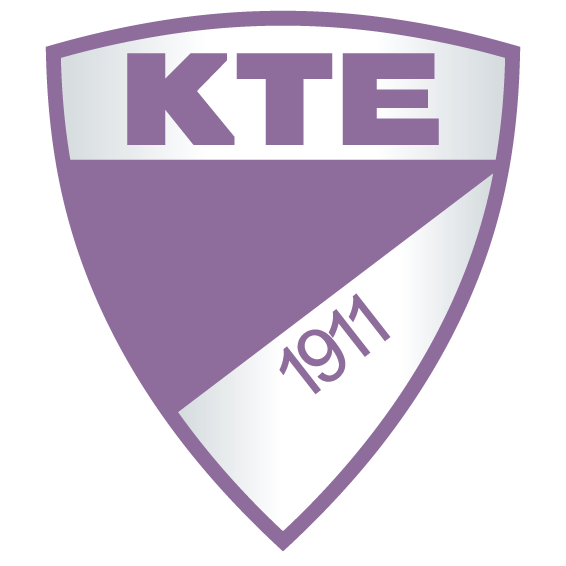

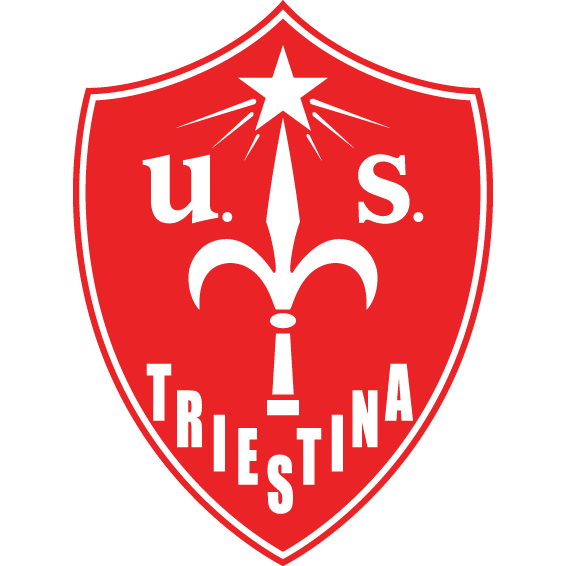

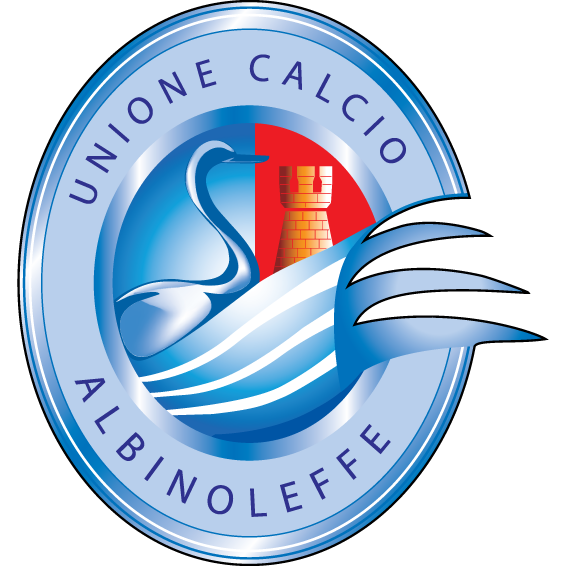






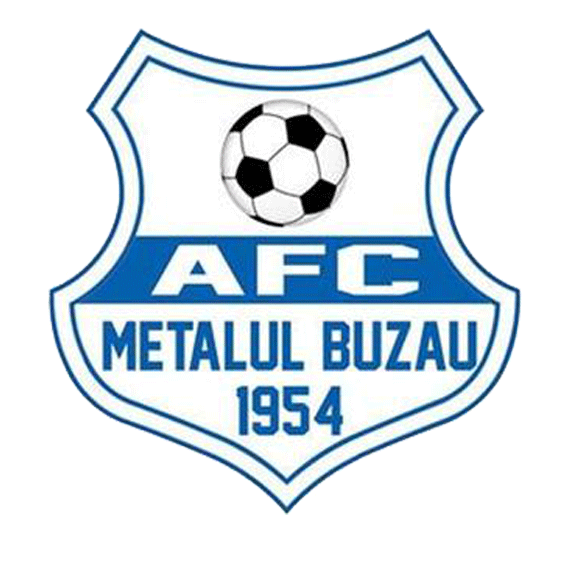






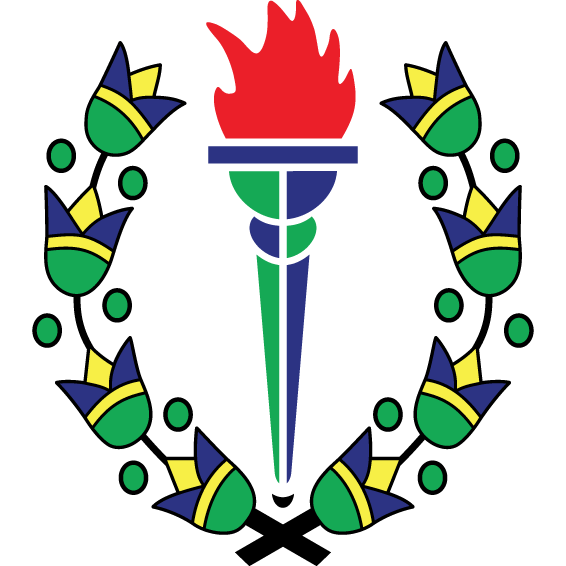







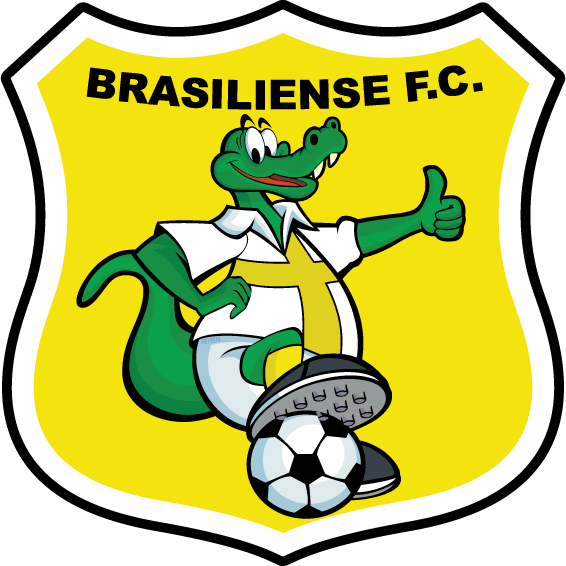



































There are no comments yet. Be the first to comment!